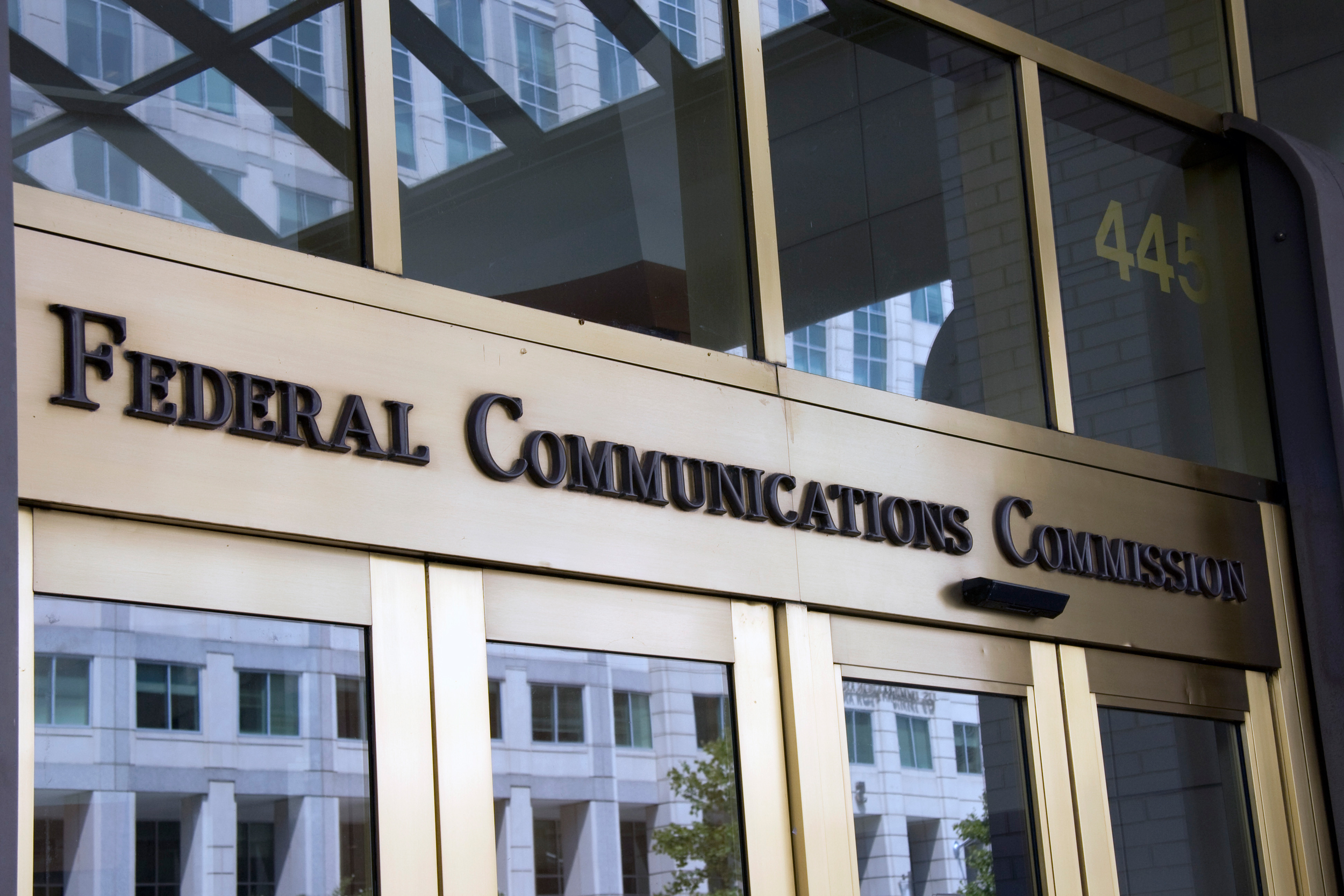FCC's 28 GHz Auction Appears to Be Winding Down

The smarter way to stay on top of broadcasting and cable industry. Sign up below
You are now subscribed
Your newsletter sign-up was successful
It is looking likely that the FCC's 28 GHz auction is winding down or, more in the holiday spirit, wrapping up. In the latest round (the 77th), for the ninth time in a row no new licenses drew bids, the longest such stretch since the auction began Nov. 14 and, over the 2,939 licenses that currently have provisionally winning bids (PWBs), the aggregate bid increase for the round was under $100,000, a new low.
The FCC is holding 133 licenses that have no bids on them, but it won't have to have any bids on them to close the auction once bidding ends on the 2,939 with PWBs. That is because the aggregate minimum bid total was only $40 million and all provisionally winning bids are by definition above the minimum.
After round 77, the aggregate bid total was $689,028,750 and looked unlikely to go much higher.
Related: Farm Bill Boosts Broadband Funding
The FCC will suspend bidding Friday, Dec. 21, through Wednesday, Jan. 2, if the auction isn't over by then. If it does end before Friday, the FCC won't be immediately announcing who won which licenses. That won't come until after it has completed a second, high-band, spectrum auction (the 24 GHz band), which now doesn't look like it would start until the New Year.
The FCC is looking for wireless carriers to boost their spectrum holdings as they prepare to roll out 5G service at speeds that should make wireless an undisputed full-fledged competitor to wired broadband.
There are 40 qualified bidders competing for the 28 GHz spectrum, including Verizon, AT&T and T-Mobile, but none of the major cable operators are eyeing wireless plays—though Cox is signed up for the 24 GHz auction of spectrum for 5G, which has larger license sizes and will begin as soon as the 28 GHz auction ends.
The smarter way to stay on top of broadcasting and cable industry. Sign up below
The FCC concedes it has never pushed so much spectrum into the market at one time before, which could mean those lower prices, but the point is to get the spectrum out there "fast" given that wireless carriers have been talking up the need for speed and bandwidth for an internet of everything, 5G world.
Contributing editor John Eggerton has been an editor and/or writer on media regulation, legislation and policy for over four decades, including covering the FCC, FTC, Congress, the major media trade associations, and the federal courts. In addition to Multichannel News and Broadcasting + Cable, his work has appeared in Radio World, TV Technology, TV Fax, This Week in Consumer Electronics, Variety and the Encyclopedia Britannica.

